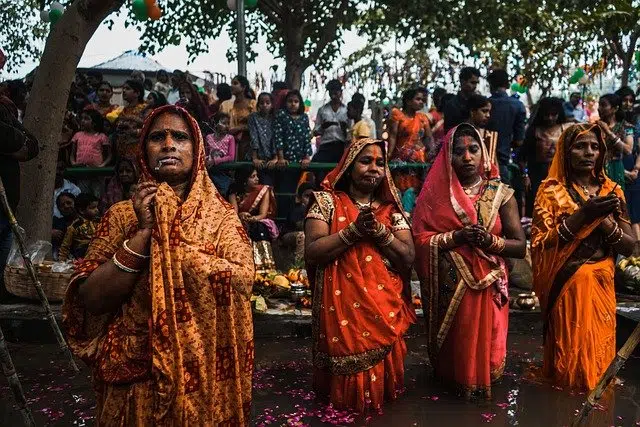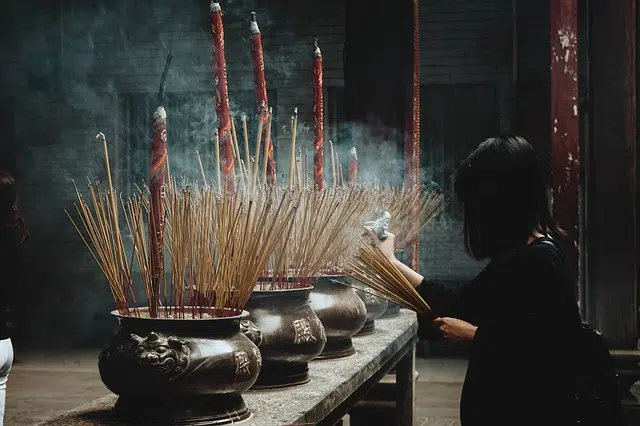
Cultural practices are associated with the tradition of a people.
Cultural practices are activities and rituals linked to the traditions of a community. It is a manifestation of the culture of a people.
It is common for anthropologists and sociologists to debate cultural practices. On the one hand, the process of globalization has caused many groups to lose their distinctive signs, since certain cultures end up imposing themselves on others. On the other hand, there are ancestral cultural practices that, according to current criteria and parameters, are not considered acceptable.
The validity of cultural practices
Genital mutilation , cannibalism and child marriage are cultural practices that are part of the identity of some ethnic groups but that, in the Western world, are rejected and even persecuted. There is a wide debate about the existence, or not, of the right of these communities to maintain these practices.
Some currents understand that cultural practices should not be judged because they are the heritage of a specific people. For many people, however, it is possible to find cultural practices that violate the rights of individuals and, therefore, do not have to be endorsed.
The appropriation
The phenomenon of cultural appropriation occurs when one culture adopts uses and customs from a different one. This issue is also often debated within the framework of the social sciences, with opposing views. The most critical position maintains that the appropriation of cultural practices is a form of domination.
Beyond the conflictive aspects, it is generally understood that it is positive for each community to preserve its cultural practices and even spread them. Thus, cultural practices can even become an economic resource through tourism , for example.

When a community adopts cultural practices from another group, a phenomenon of appropriation occurs.
Cultural practices and belonging
Regardless of the perception that people outside a town may have of its cultural practices, for many of its inhabitants these give rise to a feeling of belonging that is unique to each community. Despite this, not all its members may feel the same way, and that is why there are so many cases of emigration in search of "better living conditions" even in first world countries.
Therefore, each one has a different vision of their own culture and of others, with the inevitable complexity that this entails when issues such as morality and human rights come into play, concepts that were also created by humans. Although a cultural practice that seems brutal from the outside is usually accepted normally by the community to which it belongs, there are also exceptions, people whose mentality has opened up to the world around them and who are not willing to accept it.
Endless controversy
The debate that revolves around certain practices such as those mentioned above, which include mutilation and child marriage, is seemingly endless since deep down both sides have their ideas well defined and are not willing to give in: those who are alarmed by the Foreign customs will not be able to accept acts of that kind, at least not in the short term; Those who carry them out follow traditions of centuries or even millennia, and therefore do not see them with the same eyes but understand their background and their meaning beyond the obvious.
Regarding mutilation , for example, in Indonesia there is a tribe called Dani in which women had to cut off a phalanx every time one of their relatives died. The purpose of such a custom was to express their pain and make a kind of offering to the ghosts of their ancestors. They also practiced cannibalism, bringing together two cultural traits that Westerners find unacceptable. Today they still take place, although less frequently.
